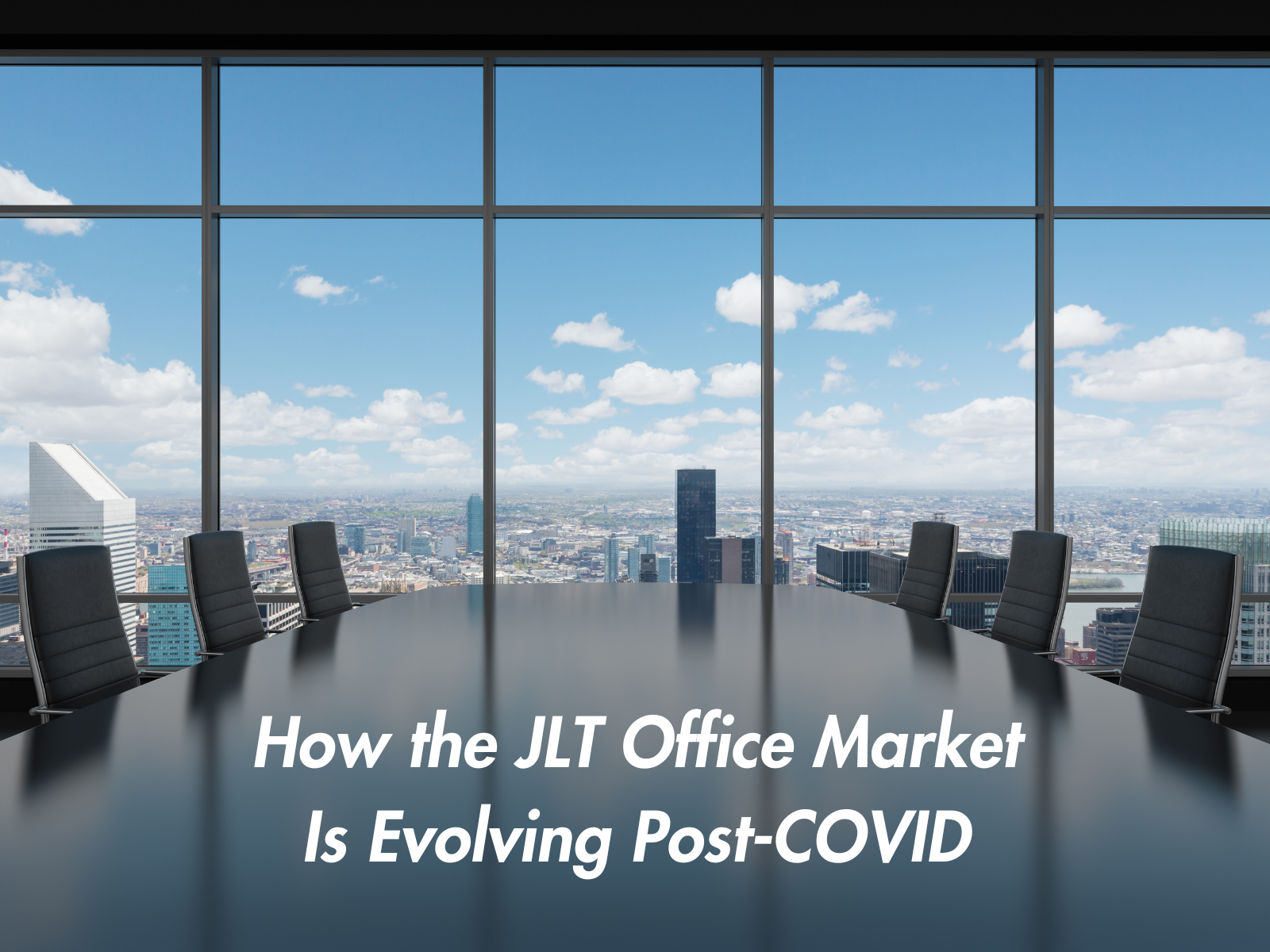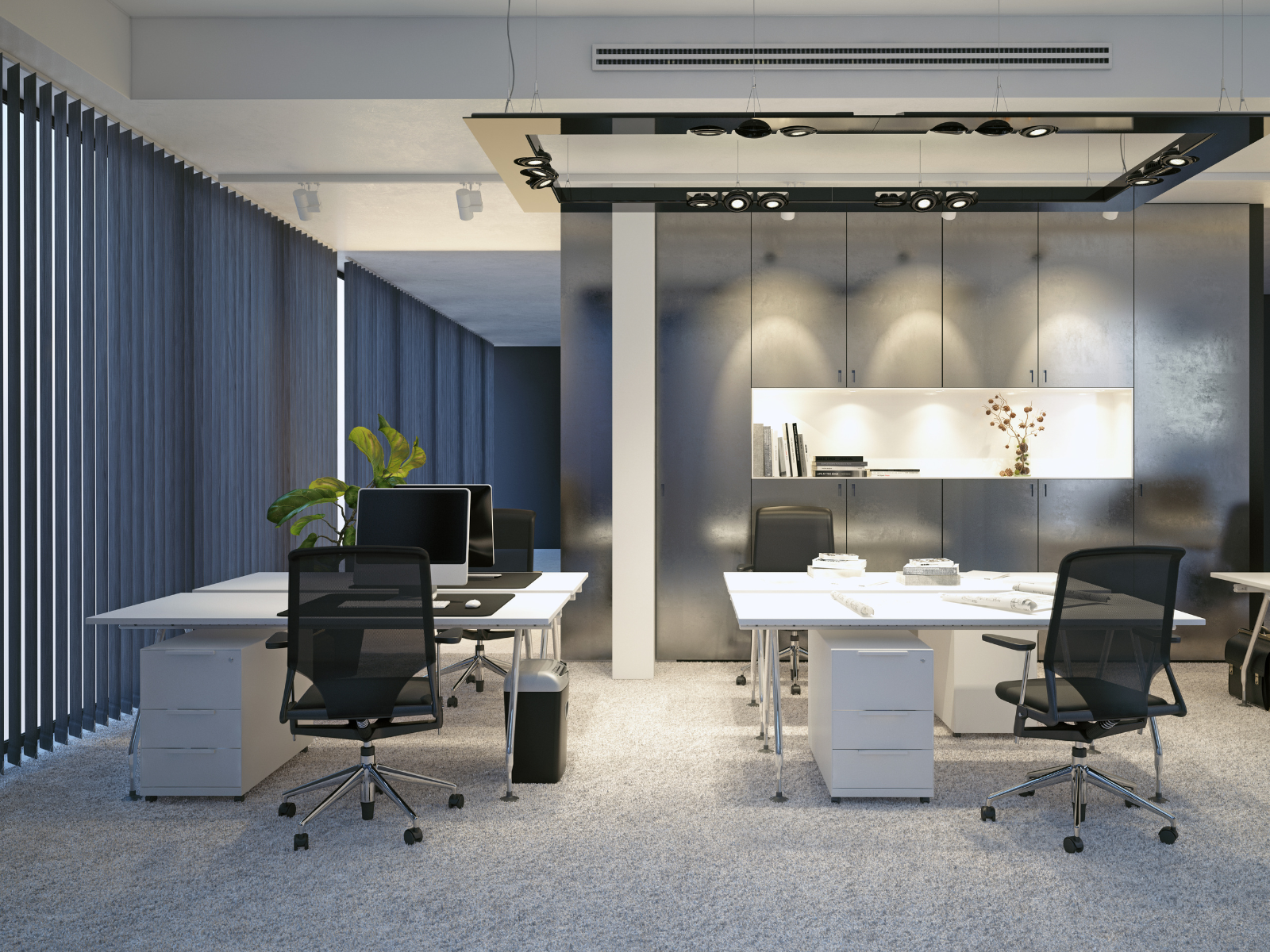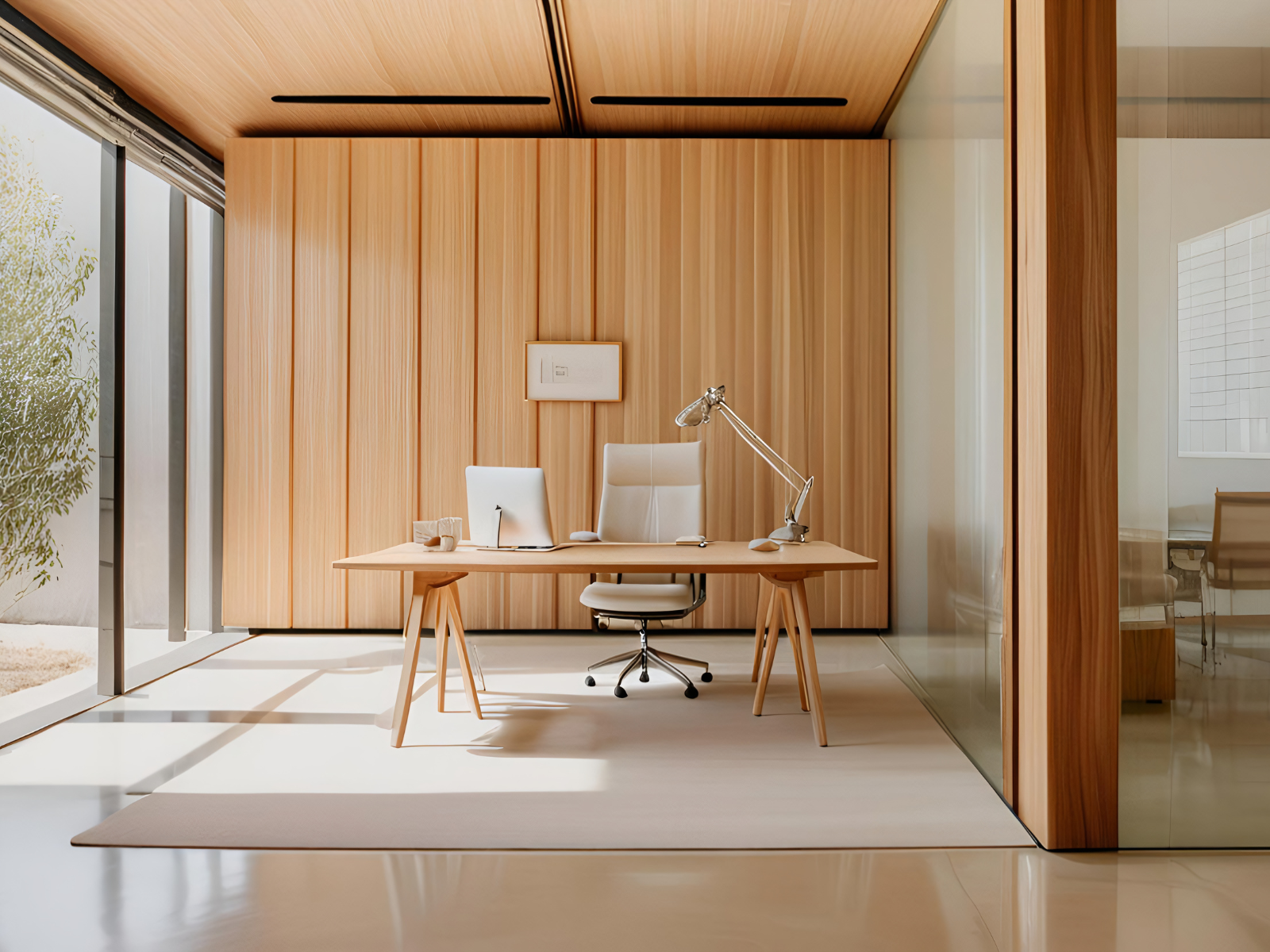The COVID-19 pandemic has significantly altered the landscape of commercial real estate worldwide, and Dubai’s Jumeirah Lake Towers (JLT) is no exception. As businesses adapt to new operational realities, the JLT office market is evolving in response to changing demands, preferences, and economic conditions. This article explores how the JLT office market is transforming in the post-COVID era, highlighting key trends, challenges, and opportunities for investors and businesses alike.
Overview of JLT Office Market Before COVID-19
Before the pandemic, JLT was already a thriving business hub known for its strategic location, modern infrastructure, and vibrant community. The area comprises 80 towers that house a mix of offices, retail outlets, and residential units. With its proximity to major highways and public transport options such as the Dubai Metro, JLT attracted a diverse range of businesses from startups to multinational corporations.
In 2019, JLT accounted for approximately 32% of all office transactions in Dubai, reflecting its popularity among businesses seeking high-quality office spaces. The overall demand for office space in JLT was driven by its free zone status under the Dubai Multi Commodities Centre (DMCC), which offered numerous advantages for companies including 100% foreign ownership and zero corporate tax.
Impact of COVID-19 on the JLT Office Market
The onset of the COVID-19 pandemic in early 2020 disrupted traditional work patterns and forced businesses to rethink their office space requirements. Remote work became the norm for many organizations, leading to a decline in demand for conventional office spaces. In JLT, this shift was evident as occupancy rates fell and some companies downsized or relocated.
Key Challenges Faced: JLT Office Market Post Covid
- Increased Vacancy Rates: The immediate impact of COVID-19 resulted in higher vacancy rates across Dubai’s office market, including JLT. Many businesses opted for flexible work arrangements or reduced their physical footprints.
- Shift to Remote Work: The rapid adoption of remote work technologies led many companies to reconsider their need for large office spaces. As employees adapted to working from home, many organizations found that they could operate effectively without traditional office environments.
- Economic Uncertainty: The pandemic created economic uncertainty that affected business confidence. Companies were hesitant to commit to long-term leases amid fluctuating market conditions.
Evolving Trends in the Post-COVID JLT Office Market
As Dubai emerges from the pandemic, the JLT office market is witnessing several evolving trends that reflect broader changes in workplace dynamics and tenant preferences.
1. Demand for Flexible Workspaces
One of the most significant shifts in the post-COVID office market is the growing demand for flexible workspaces. Co-working spaces and serviced offices have gained popularity as businesses seek agile solutions that allow them to scale up or down based on their needs.
- Co-Working Spaces: JLT office market has seen an increase in co-working providers setting up facilities that cater to freelancers, startups, and small businesses looking for cost-effective options without long-term commitments.
- Serviced Offices: These fully equipped offices offer immediate occupancy with flexible lease terms, making them attractive to companies looking to minimize overhead costs while maintaining a professional presence.
2. Emphasis on Health and Safety
In response to the pandemic, health and safety have become paramount considerations for tenants when selecting office spaces. Businesses are prioritizing properties that incorporate health-conscious features such as improved ventilation systems, touchless technology, and enhanced cleaning protocols.
- Health-Focused Design: Developers are increasingly integrating health-focused designs into new office projects. Features such as open layouts, ample natural light, and outdoor spaces are becoming essential selling points.
- Technology Integration: Smart building technologies that facilitate contactless access and monitor indoor air quality are gaining traction as companies look to create safer work environments.
3. Hybrid Work Models : JLT Office Market
The pandemic has accelerated the adoption of hybrid work models where employees split their time between remote work and in-office attendance. This shift has implications for how companies approach their office space requirements.
- Reduced Space Needs: Many organizations are reevaluating their space needs based on hybrid work models. Companies may opt for smaller offices that accommodate fewer employees on-site at any given time.
- Collaborative Spaces: Businesses are redesigning their offices to prioritize collaborative spaces over traditional cubicles. This trend reflects a desire to foster teamwork and creativity while accommodating flexible working arrangements.
4. Increased Focus on Sustainability
Sustainability is becoming a critical factor influencing tenant decisions in the post-COVID era. As awareness of environmental issues grows, businesses are seeking office spaces that align with their sustainability goals.
- Green Certifications: Properties with green certifications such as LEED (Leadership in Energy and Environmental Design) are increasingly sought after by tenants who prioritize eco-friendly practices.
- Energy Efficiency: Companies are looking for energy-efficient buildings that reduce operational costs while minimizing their environmental footprint.
Opportunities for Investors
The evolving dynamics of the JLT office market present several opportunities for investors looking to capitalize on post-COVID trends:
- Investing in Flexible Workspaces: With rising demand for co-working spaces and serviced offices, investors can explore opportunities in this segment by developing or acquiring properties tailored to flexible workspace solutions.
- Sustainable Developments: Investing in properties with sustainable features can attract environmentally conscious tenants willing to pay a premium for green office spaces.
- Technology-Driven Properties: Properties equipped with smart technologies that enhance safety and efficiency will likely command higher rental rates as businesses seek modern solutions.
- Mixed-Use Developments: Investors can consider mixed-use developments that combine residential, commercial, and retail spaces to create vibrant communities that cater to diverse tenant needs.
Conclusion
The JLT office market is evolving rapidly in response to the changes brought about by the COVID-19 pandemic. As businesses adapt to new operational realities, trends such as increased demand for flexible workspaces, a focus on health and safety, hybrid work models, and sustainability are shaping the future of commercial real estate in this vibrant community.
For investors and business owners alike, understanding these trends is essential for making informed decisions in a post-COVID world. By leveraging opportunities presented by evolving tenant preferences and market dynamics, stakeholders can position themselves advantageously within the thriving JLT office market.
An Overview of Commercial Properties in Jumeirah Lakes Towers (JLT)
Frequently Asked Questions
Q1: How has COVID-19 impacted occupancy rates in JLT?
A1: The pandemic initially led to higher vacancy rates as many companies downsized or adopted remote work policies; however, demand is recovering with new trends emerging post-COVID.
Q2: What types of flexible workspace options are available in JLT?
A2: JLT offers various flexible workspace options including co-working spaces and serviced offices that cater to different business needs without long-term commitments.
Q3: Are there any new developments planned for office spaces in JLT?
A3: Yes, several new projects focusing on modern office environments are underway or planned within JLT as part of ongoing urban development initiatives.
Q4: How important is sustainability when choosing an office space?
A4: Sustainability is increasingly important; tenants prefer properties with green certifications and energy-efficient features that align with their corporate responsibility goals.
Q5: What should investors consider when investing in JLT’s office market?
A5: Investors should consider current market trends such as demand for flexible workspaces, sustainability features, technology integration, and overall economic conditions impacting commercial real estate.
Mazen Alzoubi – Commercial Consultant
Other Useful Links








